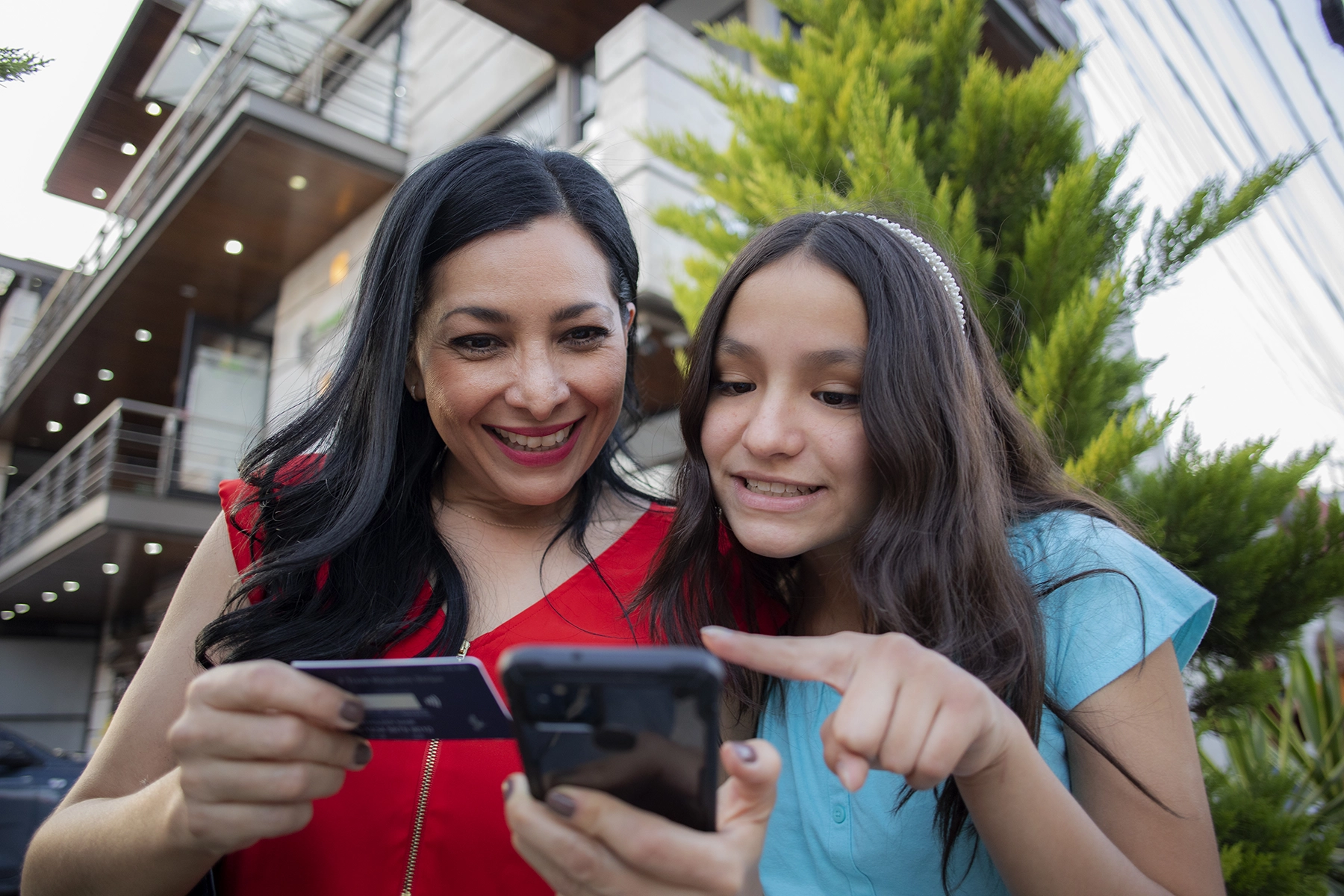Do Tweens and Teens Really Need Fancy Skin Care?

Serums, creams, face masks and makeup expensive enough to break the bank are no longer the purview of adults trying to maintain the dewy-look of youth.
Skincare routine has now become all the rage among the tween set as celebrity kids and social media influencers post about products, particularly on such behemoths as TikTok and YouTube.
It’s not unusual to watch a baby-faced girl talk enthusiastically on camera about the wonders of a potion as she applies it to her skin. It’s also not uncommon for her viewers, usually her peers, to want to emulate what they see.
“It’s all over social media,” says Shasa Hu, M.D., a cosmetic dermatologist with the University of Miami Health System. “Even my friend has asked me about it for her daughter.”
The problem?
Most of these products are not suited for tween and teen skin.
In fact, they may end up clogging pores and leading to acne breakouts. Young users can even develop contact dermatitis. Yet, marketers are targeting this demographic. Part of an untapped market with disposable pocket money, teens and tweens are not afraid to spend their cash on skincare products.
It’s not a new trend, though it’s recently drawn interest in both the fashion and business media. The extra attention to skincare products began during the COVID-19 lockdown, when everyone was staying home and had more time on their hands, including time on social media.
It wasn’t limited to the young, however.
“Everyone was looking at themselves on the screen, and they were noticing things they hadn’t noticed before,” Dr. Hu says.
Social media “blew it up” and Dr. Hu predicts interest in skin products will continue to grow.
But it’s not just these platforms that have made pricey potions and costly serums fashionable for Generation Alpha, kids born during (and after) the 2010s. Though Dr. Hu does not see pediatric patients, some of her adult ones have brought in their young daughters “to ask about getting them on a skincare routine.”
Some of these girls aren’t even in middle school.
What’s more, the social media skincare boom coincided with another movement, this one initiated by the slightly older Generation Z.
“These are younger people looking ahead in a preventative way,” she says. “In general, people are getting into skincare younger than they used to, in their early 20s.”
And Dr. Hu is not referring simply to moisturizers.
“We’re seeing people coming in for everything from Botox to fillers as young as their 20s,” she adds.
And while she lauds the effort for skin protection and improvement — three cheers for sunblock — she is concerned about the issues that may lead a fourth-grader to want to slather her face with a lotion.
Some reasons are perennial. Kids want to feel more mature than their chronological age.
There’s an element of wanting to feel and act older.
Dr. Shasa Hu
That desire has met with the amplification of social media and “the hyper-sexualization that’s all over,” Dr. Hu adds. “You see TikTok stars wanting to show off their faces and body, and younger people wanting to look like them.”
Take the case of North West, the daughter of Kim Kardashian and former husband Kanye West. In 2023, at the age of 9, she posted a Tiktok video showing off an elaborate skincare routine. She may have famous parents, but she’s got plenty of competition.
Other elementary and middle school girls share their use of face wash, exfoliant, hydrating serum, moisturizer, highlighting serum, eyelash serum and even a lip mask. Phew!
Tweens and teens, however, don’t need all the stuff.
“I’m not a fan,” says Dr. Hu, of the elaborate and unnecessary skincare routine for girls. “Teen skin has advantages provided by Mother Nature. Their whole body, including their skin, is maturing, and [applying it early and/or abusing the products] can develop into lifelong problems.”
Instead of a hard no when the tween or teen asks for skincare products, however, Dr. Hu suggests offering alternatives:
- Keep it simple.
- Young skin does not need products that contain retinol or acids or promise to exfoliate. She suggests cleanser, sunscreen and lip balm protection. Some might also benefit from an oil-free moisturizer.
- Wash your face twice daily with a gentle product that fits your skin type.
- Use acne medication to treat hormonal acne breakouts.
- Emphasize safety. Do not use glitter, fragrances, or additives that promise a tingling, plumping, or cooling sensation.
- Stay within your budget. Expensive products aren’t necessarily better than ones with modest prices.
- Make sunscreen application a lifelong habit.
- Accept normal. The poreless, flawless skin of models is a photographic illusion, so don’t expect to get the same look.
“I think it’s important to normalize imperfections,” Dr. Hu says. “Don’t aim for mission impossible. It’s not really achievable, and it just breeds low self-esteem.”
Written by Ana Veciana-Suárez, a regular contributor to the University of Miami Health System. She is an acclaimed author and journalist who has worked for The Miami Herald, The Miami News, and The Palm Beach Post.
Tags: Dr. Shasa Hu, skin care for kids, skin care in Miami, tweens and social media
